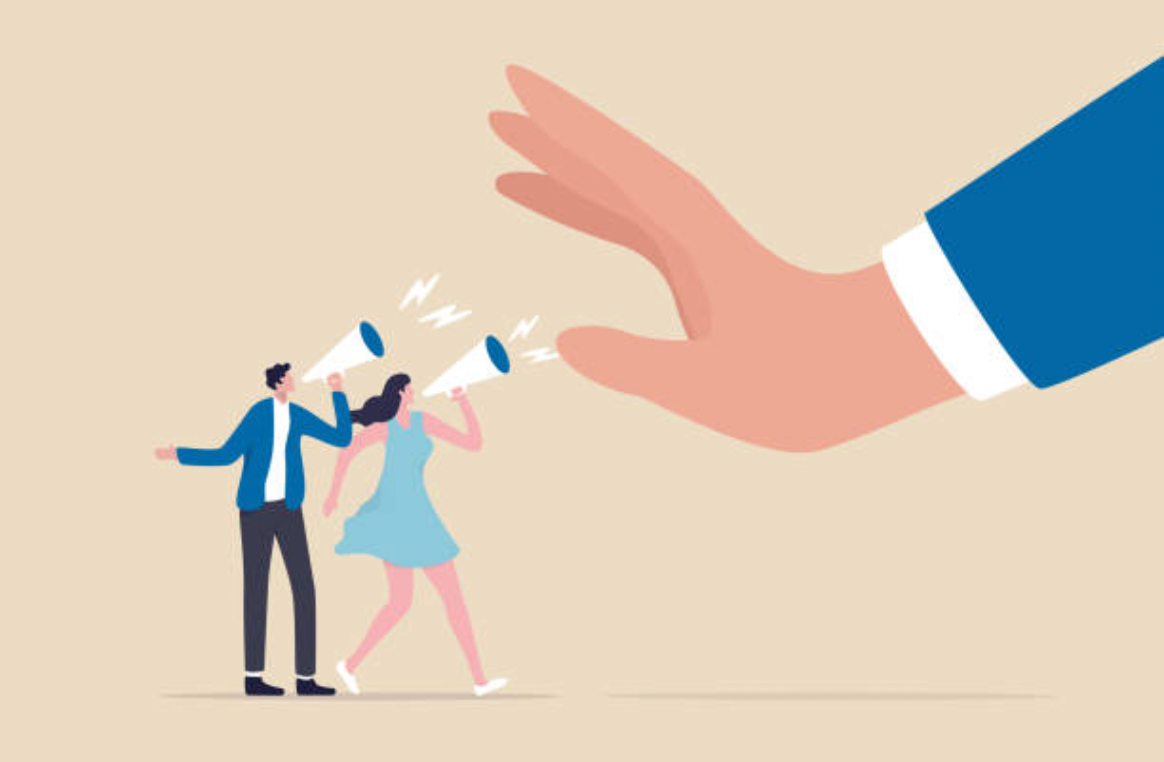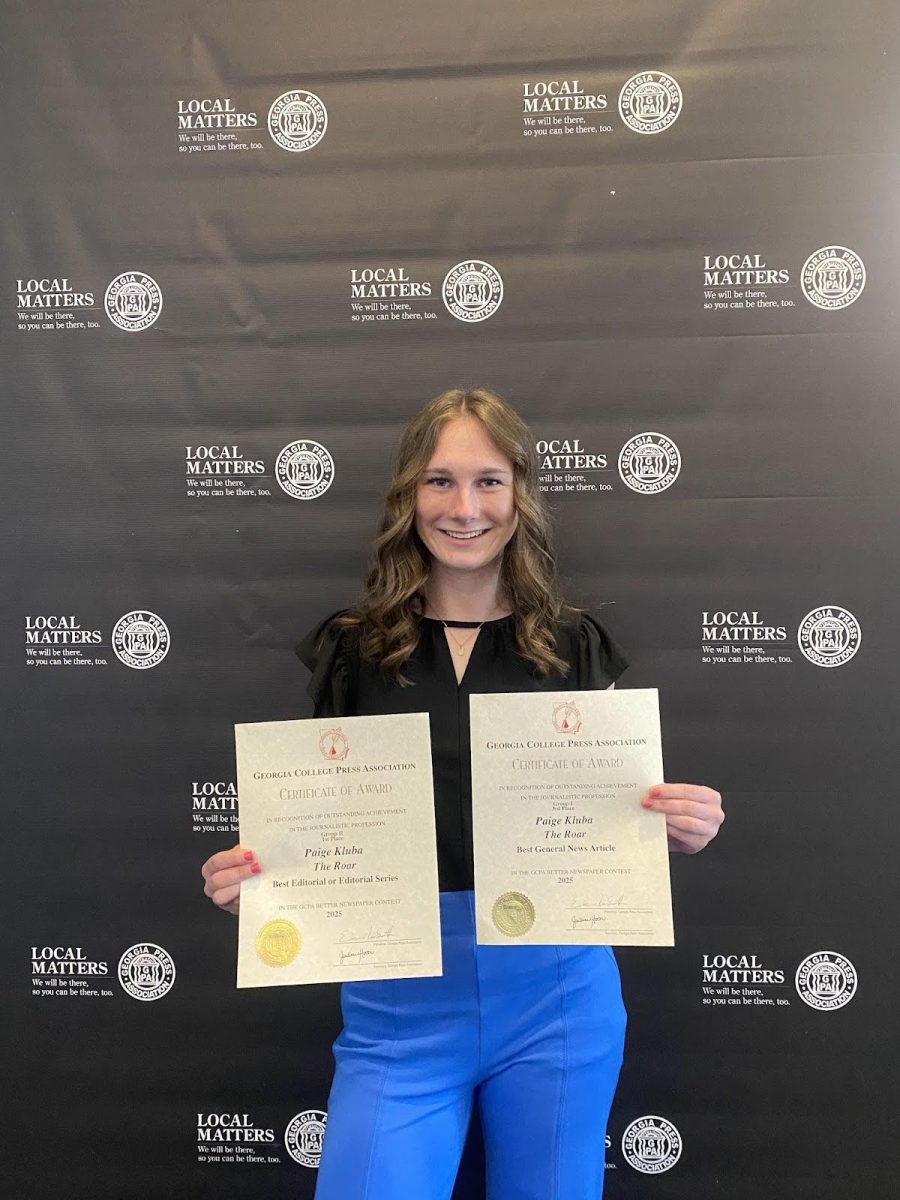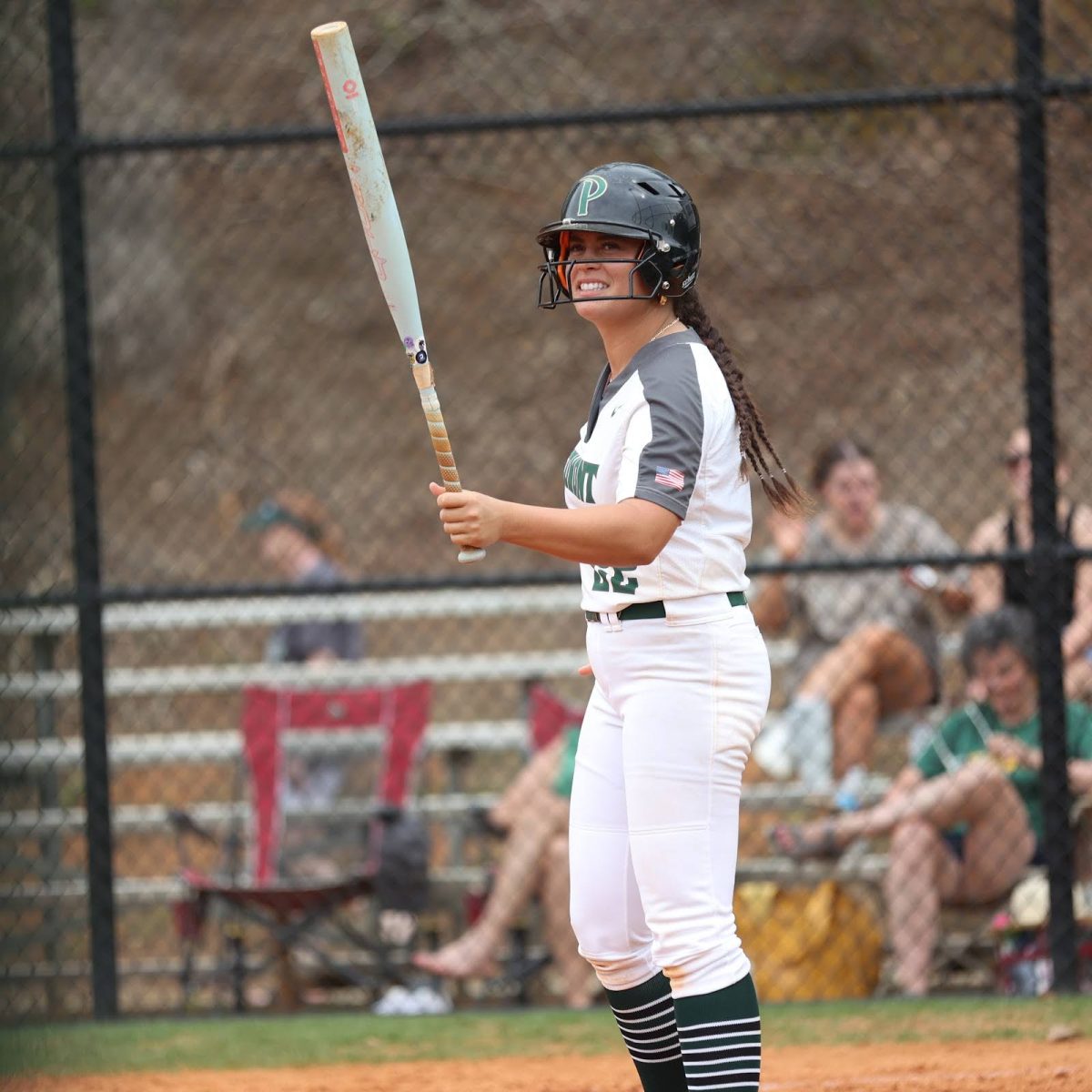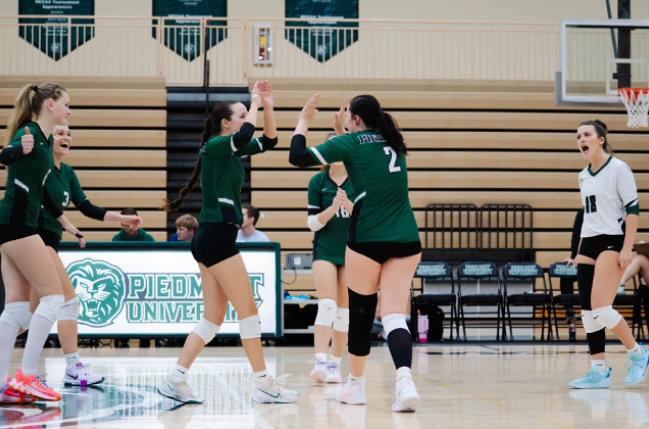Internet censorship is conventionally perceived as the hallmark of authoritarian countries that grant their governments full control over information circulation. However, in the last couple of years, democratic countries have adopted various forms of internet suppression. These are usually based on various national security pretexts, impeding the spread of misinformation or saving the citizens from toxic content. These measures equally raise key concerns about how much public safety should be valued against freedom of speech and access to information.
Internet censorship is on the rise in democratic countries. The panorama of internet censorship in democracies is complex and mixed across countries. Democracies throughout history have embodied free speech as one of their core principles and hence have traditionally reserved only a minimum role for censorship in digi-space. However, the growing incidence of online misinformation, hate speech, extremist content and cybercrimes has impelled governments to reconsider their policies of regulating internet content. Faced with these challenges, new laws and regulations have been enacted that, for critics, have the potential to compromise civil liberties.
One of the most common reasons cited for the use of internet censorship by various democratic governments of the world is security. Various terrorist organizations and other extremist groups have taken to the internet to secure recruits, disseminate propaganda material and engineer acts of violence. The United States, the UK, France and Germany have all enacted legislation whereby laws impose fines on technology firms should they fail to take down material considered extremist within a short time.
At the same time, the explosion of social media has brought a parallel rise in misinformation and disinformation, particularly around elections, public health and other major political events. Many democratic governments have searched for means to curtail the spread of false information that may destroy public confidence in institutions, create panic or put citizens’ health at risk.
A blatant example of this challenge in the COVID-19 pandemic is the spread of misinformation. Such inaccurate claims about vaccinations, treatments and the virus itself were passing along social media that governments began to intervene. France, Italy and Canada are among those who have enacted rules fining technology companies for not taking down health-related misinformation. While such moves understandably aim to safeguard public safety, they also raise questions over who defines what constitutes “misinformation” and whether it is being used as a means of censorship.
The other pivotal issue discussed in the context of internet censorship in democracies is Big Tech. Social media platforms like Facebook, Twitter and Google wield immense powers when it comes to making decisions about content visibility and information flow on the internet. Using their algorithms to make decisions about which posts, articles and videos users will see, they also conduct community guidelines that allow the removal and suppression of content.
The governments of the democratic world have begun to wake up and pay greater attention to the power these giants have at their fingertips. U.S. and EU lawmakers are now pressing for far stricter regulations that would make platforms responsible for content on their sites. But giving this level of regulatory authority to governments carries indirect censorship risks, in which the state threatens regulations with the aim of forcing companies to take down content that challenges the political status quo.
This sets up a tension between safeguarding citizens from harmful content on one hand and making sure governments or corporations on the other hand do not overstep their authority in ways that stifle free speech. Democratic countries have to make a balance in creating a safe and secure internet while maintaining openness and freedom, which democracies are based on.
Internet censorship in democracies continues to be a balancing act in protection of public safety while maintaining ideals of free speech and access to information. As the virtual world keeps on changing with time, democratic countries have to look for solutions that protect individual freedoms and collective security. While regulation would be quite necessary to address the harm from misinformation, hate speech and extremist content, transparency will be required, as well as accountability and public debate, in order not to make sure such censorship does not erode the very fabric of democracy.













